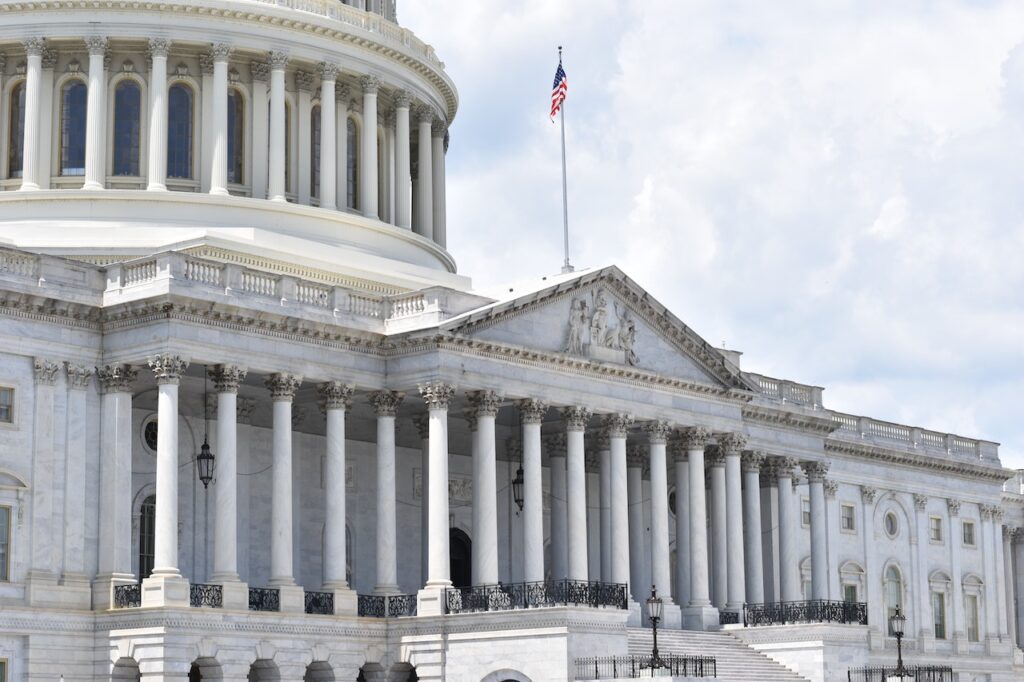Rep. Joe Morelle (D-N.Y.) introduced legislation this morning to create a National Strategy on Grief and establish grants to fund trauma-informed care for the bereaved.
If enacted the bill would allocate dollars for hospice and palliative care providers, other health care organizations, grief counselors, youth-focused nonprofits, and schools to foster greater support for the bereaved.
The massive loss of life due to the COVID-19 pandemic — more than 1 million deaths since 2020 — has spurred demand for bereavement care and was a partial impetus for the legislation.
“For too long, mental health needs have gone unaddressed, casting a shadow over families contending with significant loss — especially during the pandemic,” Morelle said in a statement. “Establishing a National Grief Strategy will help people move forward with the help of skilled professionals creating a culture of awareness and support. It is my hope that this legislation helps end the stigma around mental health and ensure families can access the essential support they deserve.”
The bill would also establish funds to pay for education and training for bereavement care providers, as well as for peer support. This would include social workers, grief counselors, and chaplains, among others. The training would cover the basics of grief, evidence-based interventions, and culturally appropriate care, according to Morelle’s office.
Culturally appropriate care is of particular importance for addressing grief in the Native American, Black, and Hispanic communities, which were among the hardest hit by the pandemic. Members of these communities are also less likely to have health insurance or affordable access to mental health services.
The bill would also require the National Institutes of Health to study the impact of prolonged grief resulting from the pandemic and conduct a national public information campaign designed to improve bereavement literacy and raise awareness of available care.
Separate legislation introduced last month would direct federal agencies to develop national consensus standards for bereavement care.
The U.S. Centers for Medicare & Medicaid Services (CMS) requires hospice providers to offer bereavement care to their patients’ families for 13 months after death. But most providers routinely provide grief services to their entire communities, regardless of whether residents’ loved ones were their patients.
Industry groups such as the National Hospice and Palliative Care Organization (NHPCO) and the Social Work in Hospice & Palliative Care Network (SWHPN) began calling on policymakers to develop a national grief care strategy in early 2021.
“The GRIEF Act will ensure that people who have been directly impacted by loss throughout the COIVD-19 pandemic receive the support they need and deserve,” said Ben Marcantonio, COO and interim CEO of NHPCO and the Hospice Action Network, in a statement. “Hospices around the country have long provided bereavement services in their communities, beyond caring for patients and their families. This bill would help make that kind of community-based support available to countless Americans in need.”
Companies featured in this article:
Hospice Action Network, National Hospice and Palliative Care Organization, Social Work Hospice & Palliative Care Network



